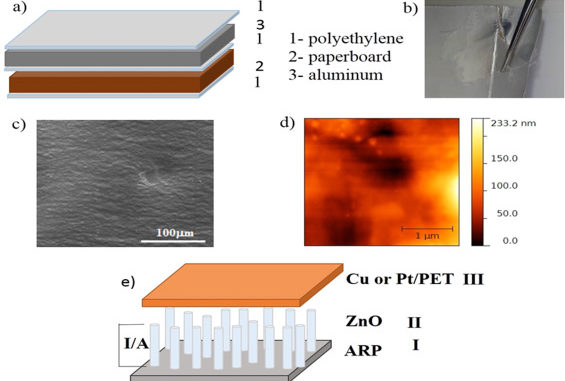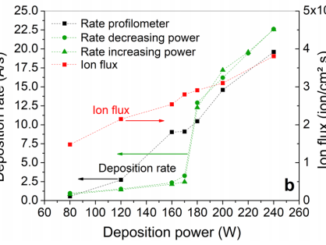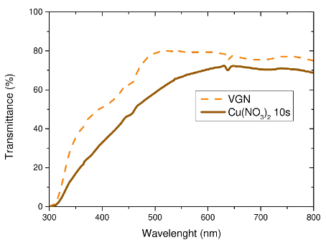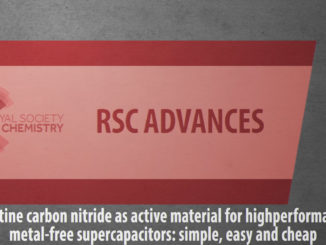
Synthesis of ZnO rod arrays on aluminum recyclable paper and effect of rod size on power density of eco-friendly nanogenerators
Abstract: In this work, we demonstrated a novel and effective approach on the use of low-cost electrodes, an eco-friendly substrate and zinc oxide (ZnO) micro or nanorods (MRs or NRs, respectively) for building triboelectric devices (TENGs). The reported strategy focuses on using low-cost materials and fabrication processes. For the first time and without any pre-treatment, an aluminum recyclable paper from the milk carton (named ARP) was used as a substrate and TENG bottom electrode. A systematic study on the growing of ZnO structures on ARP by chemical bath deposition has been carried out. We found that the ZnO rods size, and resistivity of the TENG upper electrode considerably influence the power density of the device. Such sustainable, low-priced ZnO-based TENGs can produce up to 1.6μW/cm2 output power density when operated at 50 Hz. The fabrication of an eco-friendly nanogenerator demonstrates the possibility of manufacturing low-cost, flexible, and large-area energy harvesting devices for future applications.
Author(s): Costa, Saionara V.; Azana, Nilsa T.; Shieh, Pei; et al.
Ceramics International
Volume: 44 Issue: 11 Pages: 12174-12179 Published: 2018
DOI: https://doi.org/10.1016/j.ceramint.2018.03.272




